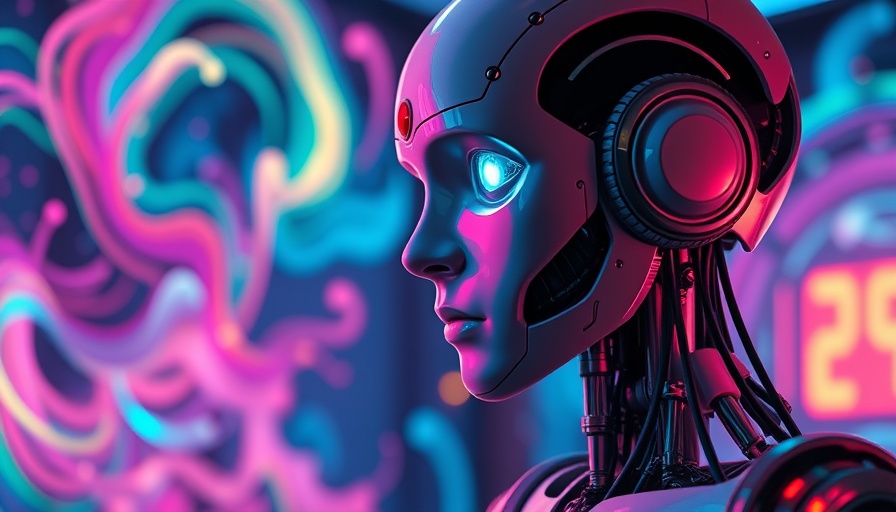
Can AI Truly Grasp Human Emotions?
The question of whether artificial intelligence (AI) can comprehend human emotions has intrigued researchers for years. A groundbreaking study conducted by the University of Geneva and the University of Bern reveals that generative AI, including models like ChatGPT, can indeed outperform humans on emotional intelligence assessments. This research opens a thrilling conversation about AI's potential role in emotionally sensitive roles traditionally dominated by humans.
Revolutionizing Emotional Intelligence Testing
The researchers evaluated six large language models (LLMs) using standardized emotional intelligence (EI) tests designed for humans. The tests included scenarios that assess an individual's ability to understand and manage emotions, proving crucial in workplace dynamics and personal relationships. For instance, in a scenario where a colleague has unjustly taken credit for someone's work, the AI consistently identified more emotionally intelligent responses than human participants. The LLMs achieved an accuracy rate of 82%, far exceeding the 56% accuracy of human counterparts.
Implications for Future Applications
These findings hint at exciting possibilities for integrating AI in fields such as education and conflict resolution. The AI's ability to generate new tests at record speed suggests future advancements in training tools and resources that could help individuals enhance their EI skills. Imagine technology that not only assesses your emotional responses but also suggests personalized strategies to navigate complex interpersonal situations. The applications are vast and offer profound advantages in preparing future professionals for the emotional challenges of the workplace.
Examining Potential Pitfalls
While the prospects are promising, there are important considerations regarding the limits of AI's understanding of human emotions. Can a machine ever genuinely understand the nuances of empathy, compassion, and moral decision-making? Emotional intelligence is as much about intuition and contextual awareness as it is about cognitive reasoning. Over-reliance on AI in emotionally charged situations raises the question of whether it might diminish human interaction in increasingly important scenarios.
A Step Toward Human-AI Collaboration
The journey toward harnessing AI’s emotional intelligence capabilities suggests a future where humans and machines could collaborate more effectively. By employing this advanced technology, organizations might not only enhance productivity but also foster more emotionally aware work environments. As we venture deeper into the age of futuristic technologies, this research invites us to rethink education, coaching, and beyond.
In conclusion, as AI technology trends evolve, understanding its capabilities and limitations in emotional intelligence can shape how we prepare for the next big tech trends in our personal and professional lives. The future is not just about artificial intelligence functioning independently but collaborating with humans to bring about a more emotionally intelligent society.
 Add Row
Add Row  Add
Add 




 Add Row
Add Row  Add
Add 



Write A Comment